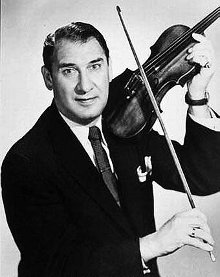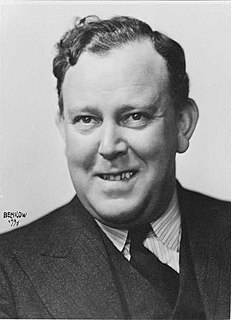A Quote by John Kenneth Galbraith
One man's consumption becomes his neighbor's wish.
Related Quotes
In times past...it was my habit to talk glibly of the right of man to land. It was a bad habit, and I long ago sloughed it off. Man's only right to land is his might over it. If his neighbor is mightier than he and takes the land from him, then the land is his neighbor's, until the latter is dispossessed by one mightier still.
If someone is capable of loving his partner without restrictions, unconditionally, then he is manifesting the love of God. If the love of God becomes manifest, he will love his neighbor. If he loves his neighbor, he will love himself. If he loves himself, then everything returns to its proper place.
Human beings consider themselves satisfied only compared to some other condition. A man who has owned nothing but a bicycle all of his life feels suddenly wealthy the moment he buys an automobile...But this happy sensation wears off. After a while the car becomes just another thing that he owns. Moreover, when his neighbor next door buys two cars, in an instant our man feels wretchedly poor and deprived.
There is no greater love than that a man lays down his life for his neighbor. When you hear someone complaining and you struggle with yourself and do not answer him back with complaints; when you are hurt and bear it patiently, not looking for revenge; then you are laying down your life for your neighbor.
The effect of the post-Enlightenment project for human society is that all human activity is absorbed into labor. It becomes an unending cycle of production for the sake of consumption. The modern concept of "built-in obsolescence" makes this clear. The cycle of production and consumption has to be kept going, and the work of the artist or craftsman who aims to create something enduring becomes marginal to the economic order.
The unbreakable bond between love of God and love of neighbor is emphasized. One is so closely connected to the other that to say that we love God becomes a lie if we are closed to our neighbor or hate him altogether. Saint John's words should rather be interpreted to mean that love of neighbor is a path that leads to the encounter with God, and that closing our eyes to our neighbor also blinds us to God.
At one year of age the child says his first intentional wordhis babbling has a purpose, and this intention is a proof of conscious intelligenceHe becomes ever more aware that language refers to his surroundings, and his wish to master it consciously becomes also greater.Subconsciously and unaided, he strains himself to learn, and this effort makes his success all the more astonishing.





































